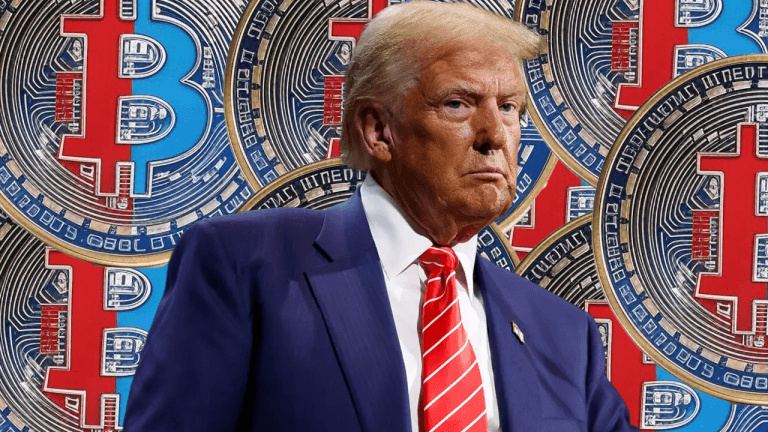
Amidst public interest, the Bank of England and HM Treasury have addressed key concerns regarding the digital pound, reassuring the public of stringent legislative measures for privacy and control, alongside the maintenance of traditional cash.
HM Treasury and Bank of England Respond to Public’s Digital Currency Concerns, No Final Decision yet on Digital Pound
The Bank of England and HM Treasury have unveiled their response to the public consultation on the potential introduction of a digital pound, following engagement from the public and industry experts. Over 50,000 responses were received, indicating the public’s interest in the future of digital currency in the United Kingdom.
Key concerns raised by the respondents centered around privacy and control of funds, along with the continued availability of traditional cash. The authorities have assured that robust legislative measures will be implemented to safeguard user privacy and control before the roll-out of any digital pound. This includes primary legislation to ensure that neither the Bank of England nor the government will have access to users’ personal data.
The digital pound is envisaged as a supplement to existing forms of money, not a replacement. Economic Secretary to the Treasury, Bim Afolami said, “We will always ensure people’s privacy is paramount in any design, and any rollout would be alongside, not instead of, traditional cash.“
Sarah Breeden, Deputy Governor for Financial Stability, underscored the importance of trust in all forms of money and pointed out that, “[i]t is essential that we build that trust and have the support of the public and businesses who would be using it if introduced.”
No final decision has been made to pursue the digital pound, also known as a central bank digital currency (CBDC). The ongoing work involves exploring the feasibility and potential design choices of a digital pound in the UK economy. This phase will focus on how the digital currency can provide greater choice, convenience, and innovation for everyday payments.
The digital pound aims to coexist with cash in a digital era, offering an alternative for everyday transactions. It would be issued by the Bank of England and designed to be convenient, widely available, and easily exchangeable with other forms of money. The proposed digital currency would be accessible through digital wallets and intended primarily for transactions rather than savings, without paying interest. Initial restrictions on how much an individual or business could hold are also part of the plan.
Before the launch of a digital pound, detailed legislative processes and further public consultations are planned. The proposed design of the digital pound has been generally well-received, but concerns about access to cash and control over personal data led to the commitment to introduce primary legislation for user protection. The future legislation will also prevent the government from programming the digital pound.
The Bank of England currently proposes a holding limit of 10,000-20,000 British pounds, though this may be subject to future reviews. The digital pound is expected to be accessible in several countries, barring those under sanctions. Experiments and further public consultations are planned to test the digital pound in real-world scenarios.
Would you be open to using the digital pound if it were available? Share your thoughts and opinions about this subject in the comments section below.
Bitcoin News








Leave a Reply
You must be logged in to post a comment.